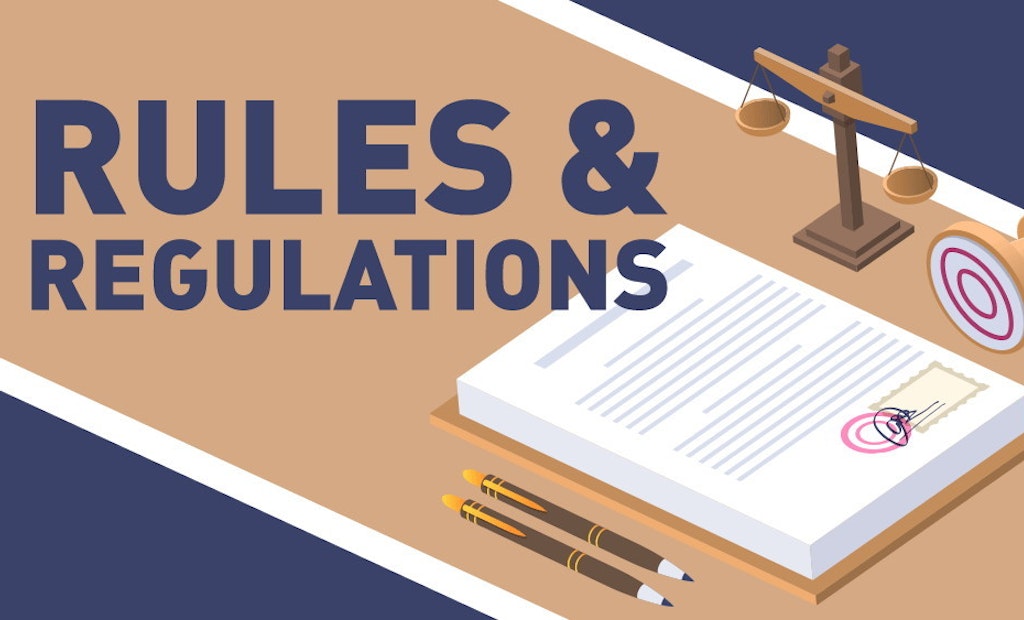Three counties on Ohio’s eastern border are beginning to implement a state requirement that all onsite systems be pumped and inspected and have an operation and maintenance plan.
Mahoning County has until 2025 to bring properties into compliance with the law, reported WKBN of Youngstown, Ohio. Neighboring Trumbull and Columbiana counties are also working on their plans to comply with the state requirement, the station reported.
“It’s not that we wanted to wait until the last minute, but we did want to hold back and let other counties take the lead on this. We wanted to see what worked well,” said Colton Masters of Mahoning County Public Health, according to WKBN.
Mahoning County knows of about 17,000 onsite systems in the county, and most people with systems will be receiving letters telling them of the new requirement to pump and inspect systems within three years.
According to the Lake County Health Department, the 2015 state rules updated regulations that had been in place since 1977. Property owners must regularly renew their permits to operate onsite systems.
Michigan township advocates for community wastewater system
A group of residents in Girard Township, Michigan, have an idea about how to spend money from the American Rescue Plan: Help them build a community wastewater system.
Like many governments in Branch County, Girard Township has not has not yet decided how to spend its ARP money, reported The Daily Reporter of Coldwater.
That’s where the people at Neible’s Landing come in. There are 34 homes on the north end of Craig Lake, and about half of the owners want to replace their individual onsite systems with a community system located in a cornfield.
Homeowner Terry Reen told the newspaper that farmers have agreed to sell land for the project, and putting the treatment system in the field, and away from the lakeshore, would help reduce water pollution.
“The farther we get away from the lake, the better off we're all going to be. Every house will have its own grinder pump,” Reen told the newspaper.
Not all of the system would be paid for with ARP money.
Montana State University Extension offers onsite system maintenance guide
Montana State University Extension has produced two new printed guides for well and onsite system owners. Adam Sigler, water quality associate specialist for the extension service, said many onsite system problems can be avoided with proper maintenance, according to the university news service.
The guide describes how systems operate and what records people should keep. Also included in the onsite guide is information about how often to have systems pumped and how to extend the life of a system.
To order copies of the guides, visit the extension service online at store.msuextension.org or call the MSU Extension Distribution Center at 406-994-3273.
Washington lawsuit money improves Columbia River
Ten years of work after a major lawsuit has led to a cleaner Columbia River and improved onsite systems, according to a report from the Public News Service.
The lawsuit against Clark County, Washington — which touches the river across from Portland, Oregon — resulted in a penalty of $3 million, one of the largest citizen-enforcement judgments in state history. The settlement followed a federal court ruling that the county had violated the law for three years. At issue was the county’s weaker pollution rules for big box stores and subdivisions. And instead of going to Washington, D.C., penalty money was put in a fund for local salmon habitat restoration, said Jan Hasselman, a Seattle attorney for Earthjustice who worked on the case.
The Clark County Clean Water Restoration Fund paid for 25 projects, including one to repair and replace failing onsite systems.






